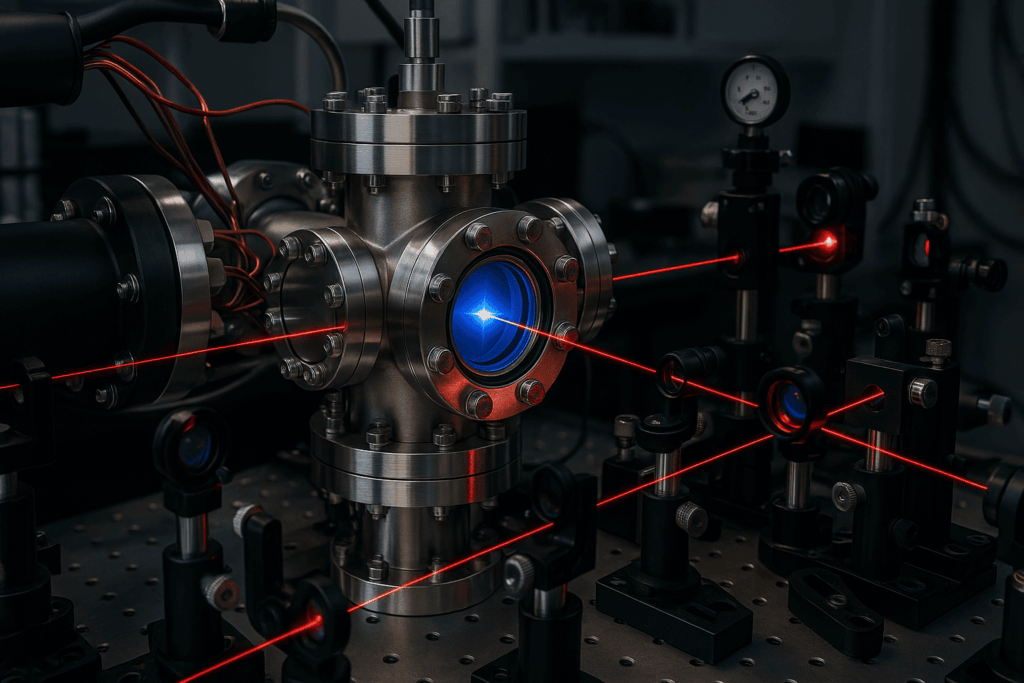
PRESS RELEASE – PsiQuantum, the company that’s building a utility-scale quantum computer, today announced a new analysis of how electrolyte molecules in Lithium-ion batteries (LiB) can be simulated on a fault-tolerant quantum computer, enabling breakthroughs sought by automotive manufacturers in next-generation battery design.
Information on the breakthrough is outlined in a peer-reviewed technical paper titled ‘Fault-tolerant resource estimate for quantum chemical simulations: Case study on Li-ion battery electrolyte molecules’ that PsiQuantum co-authored with Mercedes-Benz R&D. The paper, published in the journal Physical Review Research on April 7, 2022, offers a methodical account of how fault-tolerant quantum computing can accelerate battery designs, including Lithium-ion (Li-ion) batteries, the most ubiquitous technology for electric vehicle battery design today.
Lithium-ion batteries function during charge and discharge cycles by moving charge from one electrode to another across an electrolyte material. New and improved electrolytes will have a significant impact on various aspects of battery performance including energy density (efficiency), charging speed, battery life, range, cost, and safety.
Development of new Li-ion batteries currently involves a significant amount of trial and error. In principle, this slow and expensive R&D process could be dramatically accelerated by simulating and validating new chemistries in silico, as is now routine for applications such as aerodynamics, mechanical design, and others. However, conventional supercomputers struggle to simulate the crucially important quantum behavior of the molecules and reactions in question. Quantum computers promise to overcome this constraint.
PsiQuantum’s team investigated quantum algorithms for simulating effects of the common electrolyte additive, fluoroethylene carbonate. Their analysis of these electrolyte simulations uncovered new optimizations, only apparent at the scale of fault-tolerant quantum computation, which reduced the resource overhead of the application to be more manageable. They also demonstrated the utility of a method specific to photonic quantum computing known as interleaving (paper on arXiv.org), which allows the time and memory resources of a quantum computer to be traded off. These breakthroughs mark a significant advancement towards the goal of efficient chemistry simulations on a quantum computer.
“Better batteries are vital for our continued transition away from fossil fuels towards more sustainable forms of transport and energy storage,” said Pete Shadbolt, chief scientific officer at PsiQuantum. “We’ve been able to optimize and enhance how a quantum computer can improve the molecular design of batteries by carefully considering how fault-tolerant machines of the future will operate. In light of greater recognition that error correction will be required to run useful quantum algorithms, customers are coming to us to understand fault-tolerant programming and resource requirements when assessing potential applications.”
In the paper, the PsiQuantum team assessed how existing ideas in quantum algorithms can be implemented in, and optimized for, fault tolerant hardware – a critical and difficult step needed to have any idea about how difficult the algorithms will be to run. They found that when run on a fault-tolerant quantum computer, these approaches will be able to simulate otherwise impossible electrolyte interactions within hours. PsiQuantum’s research provides a comprehensive analysis of the resources and costs necessary to execute this algorithm for a variety of candidate molecules, including details on how to compile and run this algorithm on the fault-tolerant quantum architecture that PsiQuantum is building.
If you found this article to be informative, you can explore more current quantum news here, exclusives, interviews, and podcasts.















